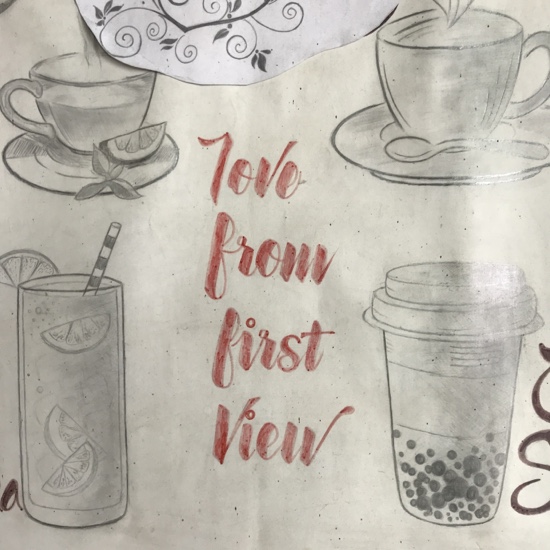When my Mom spoke Vietnamese
“The Best We could Do” by Thi Bui is a graphic novel that tells the story of her family’s journey. The story spans four generations, from pre-war Vietnam, though their experience as refugees, and finally as immigrants in America. The book won several awards, and it Bui deserves them all. The book also revived a strange childhood memory for me, of my mother being able to speak Vietnamese.
 I don’t like graphic novels, but the medium really brings Bui’s story to life.
I don’t like graphic novels, but the medium really brings Bui’s story to life.Bui’s family, like many people from the South, saw that they had no future in the new Vietnam, so they took their chances and left by boat. We will never know how many people drowned when their boats sank, or were killed by pirates, or died of other causes during their flight. The lucky ones made it to a refugee camp in Malaysia or other Southeast Asian country. The very lucky ones had family in the United States, and were sponsored by their relatives to go to America.
My family was on the other side of the Vietnamese refugee crisis. We were the part of American society who helped the refugees to find a new life in America. My church “adopted” a Vietnamese family.
I think their name was Mai (I now know that Mai is a family common Vietnamese family name). They were a married couple with some children, I don’t remember how many. My church rented a house for them, donated clothes for the kids, and tried to help them adjust to life in chilly Michigan. Of course it was hard. Their English wasn’t good at all, and everything was new for them, from the weather to the food to the schools. We tried to communicate, but it was a huge challenge. But to my amazement and confusion, my mother could speak a few words of Vietnamese with them!
One Sunday afternoon we went to their house for a visit. I remember my father was talking with Mr. Mai about gardening. Mr. Mai’s English was better then the rest of the family’s. But they still had trouble communicating. Every once in a while, Dad would call out an English word to Mom, who would tell him in Vietnamese. Dad and Mr. Mai managed to have a conversation, thanks to Mom’s knowledge of Vietnamese(?!).
But how did my mother, born and raised in Michigan, ever learn Vietnamese? I remember being really amazed and confused. I wanted to ask her how the heck she learned Vietnamese. But I got distracted, and then forgot to ask her later.
As I started to learn Vietnamese, and to learn more about Vietnamese history, I learned that through the 1950s, French was the colonial language, so it was the language that a Vietnamese person would be educated in. The Mais, as part of the upper crust of Vietnamese society, would have spoken French. My mother also speaks French. So to my disappointment, I had to accept that my mother wasn’t speaking Vietnamese with Mr. Mai. Rather, they had found a literal “lingua franca” in French.
Mom couldn’t speak Vietnamese after all. Too bad, a little disappointing. She’s still awesome, of course. But man, she really blew my 8-year-old mind that day.
























